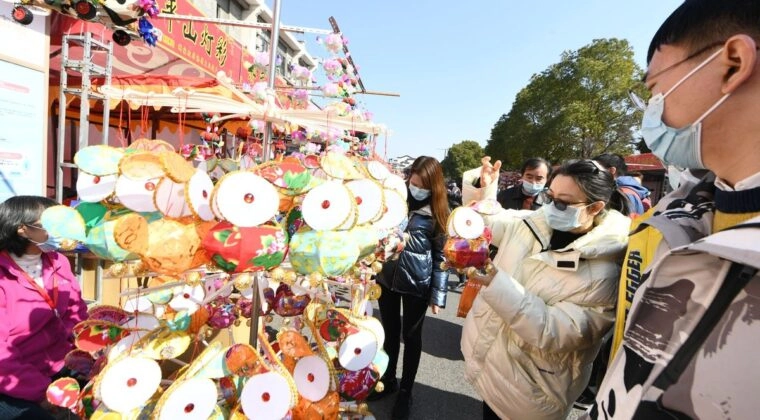
President Xi Jinping’s effort to stimulate China’s economy through increased consumer spending is facing a new challenge as citizens misuse cheap consumer loans. Borrowers are using low-interest loans to prepay mortgages or invest in stocks, instead of buying goods as intended. This practice, which is prohibited by regulators, threatens to undermine Beijing’s plan to foster an economic recovery based on consumption. The mortgage prepayment rush, which started in 2021, is gaining momentum as Beijing struggles to restore confidence in the declining property sector. While banks offer a variety of lending products following Beijing’s call for cheap loans, reduced consumer confidence may be attributed to uncertainty about China’s growth outlook. While authorities have made efforts to curb the misuse of bank loans, including fining several banks for violating regulations, the problem continues. The real concern lies in whether China can motivate its citizens to spend and stimulate the economy.
Inflation Persists in the U.S.
US consumer prices rose by 0.5% in January, the most in three months, according to data from the Bureau of Labor Statistics. Energy and shelter costs were the main drivers of the increase. Excluding food and energy, the core Consumer Price Index (CPI) rose 0.4% last month and was up 5.6% from a year earlier, with economists considering this gauge to be a better indicator of underlying inflation. The figures, coupled with the latest jobs report and consumer resilience, underline the durability of the economy, despite Fed policy, and show persistent inflationary pressures that could lead to interest rate hikes beyond what was previously expected.
Tesla Recalls Over 360,000 Vehicles Over Self-Driving System Concerns
Tesla is recalling nearly 363,000 vehicles, including Model S, Model X, Model Y, and Model 3 units that have been manufactured between 2016 and 2023, due to safety issues in its Full Self-Driving Beta system. According to the US National Highway Traffic Safety Administration, the system’s errors could increase the risk of a crash if the driver does not intervene. The recall is expected to fix the issue through an over-the-air software update by April 15. The recall raises new questions about Tesla’s Full Self-Driving system, which CEO Elon Musk sees as critical to the company’s long-term prospects. NHTSA’s investigations of Tesla’s Autopilot are still ongoing.












